
One of my goals for this year is to be more present in the moment. What does this mean? To me it means to be focused and mindful on whatever I am doing at any given time. It is said, that people who live in the future are anxious and those that dwell on the past are depressed. I fall into the former category and expend a lot of energy on what is yet to be accomplished and how I will do so. This preoccupation can prevent me from enjoying and getting the most out of any given moment. Easier said than done.
One strategy that has helped me is meditation. Though I have been mediating for over two years and have tried many different apps, my absolute favorite is the Calm app, which is a guided mediation that always ends with a valuable life lesson.
There is also an awareness which I thinks is the first step to mindfulness. Awareness leads to discipline which is an exercise of the mind.
I recently read an article in the Huffington Post that listed 13 ways to be more mindful. I chose to begin with these 3 that I felt were most realistic for me to take on:
Unitasking instead of multitasking
Powering down for a block of time
Spending more time outdoors
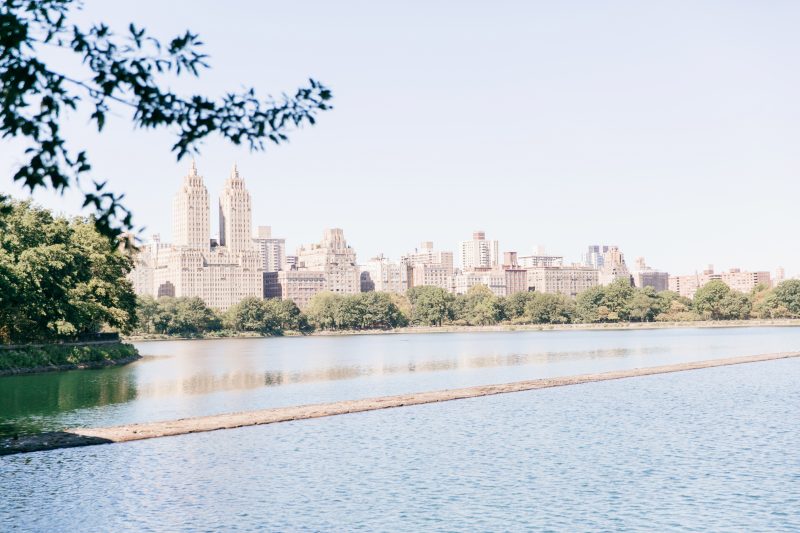
I have visited Inscape and have been dying to visit the MNDFL meditation studio which also holds classes in mindfulness.
I also reached out to my therapist, Jennifer Acker, LCSW, as well as my sister in law Joy Dushey of The Joyful Approach, holistic lifestyle coach and breath work healer to get their input on this subject.
What is the single most value in being mindful?
JA: I don’t think there is one single most value, but it reconnects one to the self. We get so pulled away in thousands of directions and being mindful brings us back to our center, that is the ideal.
JD: There are a myriad of reasons why mindfulness is so valuable but if I had to choose the most important one, I would say that practicing mindfulness transcends our behavior into a calmer nature. We have the ability to be less reactive and to be more mindful in our relationships and the way we move through the world. By practicing mindfulness we decrease stress and anxiety and are able to have more joy in our lives.
What are the tell tale signs when you’re off track?
JA: Feeling disconnected, lack of focus, making mistakes, being short tempered.
JD: Its critical to be self aware and notice when we are over reacting, when we are not our higher selves, noticing when we are under resourced and are making poor choices. An example could be how you react when you’re in a taxi in traffic on your way to an appointment and the driver takes the slow route.. Do you yell at him or do you pause, take a few breaths, and politely inquire why he chose to take that route.
Given our busy lives, what is a simple exercise that anyone can practice to be more in the moment?
JA: Breathing! Focusing on the breath. Many times we hold our breaths or pant- taking a full healthy breath calms the nervous system immediately- count in for 5, out for 7, repeat.
JD: I believe that we are all capable of finding time to meditate for at least 10 minutes a day. We can look to Steve Jobs and Oprah Winfrey as examples of busy successful leaders that carve time out for meditating for inspiration. I do believe that the practice of meditation needs to be done daily for at least 10 minutes to reap the benefits of mindfulness. In a stressful moment, one can pause and take 5 deep breaths to center down and bring themselves to the present moment.
What if any, are the health benefits of mindfulness?
JA: More energy, overall well being- good for every organ- more joy because we are present and we are more connected with ourself, and therefore better able to connect with others.
JD: Meditation is scientifically proven to reduce stress and decrease anxiety. Mindfulness allows for more joy and happiness in our lives. This increases dopamine and seratonin levels and decreases depression. Mindfulness helps us with injury prevention and healing. It aids in weight loss,lowers blood pressure, mindfulness leads to reduction in inflammation and pain.
Do you recommend any classes or apps to help someone looking to be less distracted?
JA: Youtube has a plethora of guided meditations- binaural beats are good for a deeper experience, meditation is not a one size fits all- there are so many kinds out there, find what feels good, that is key.
JD: Yes of course! Whatever helps you meditate with less distraction is great! I like the Calm app and Headspace for those looking for guided meditations. I am thrilled to see that more classes are popping up around the city. MNDFL has 2 locations, uptown and downtown and I love what they offer. The Shambhala Meditation Center and Open Center are two institutions that offer wonderful group meditation. Inscape is also super cool and a more modern approach to group meditation. I will be offering small group workshops on Sundays in my space in Chelsea for intros to guided meditation. (please contact me at Joy@thejoyfulapproach.com if you are interested)
Is there proven science behind meditation with mindfulness?
JD: Meditating daily for even 10 minutes will guarantee remarkable results and is scientifically proven to change the chemistry of the brain with neuroplasticity. Creating more neuro pathways .. we get out of emotions like anger, fear, sadness, and move into joy calm and peace by training our brain through meditation.Numerous studies now show that a daily mindfulness practice can have a profound impact on our emotional wellbeing, our physical health, our ability to cope with stress and challenges, the quality of our relationships, and even our workplace performance.
MRI scans show that after an eight-week course of mindfulness practice, the brain’s “fight or flight” center, the amygdala, appears to shrink.
If you have any tips to share on being present and in the moment, please comment! Also let me know if you would like to see more lifestyle/personal/inspirational content.
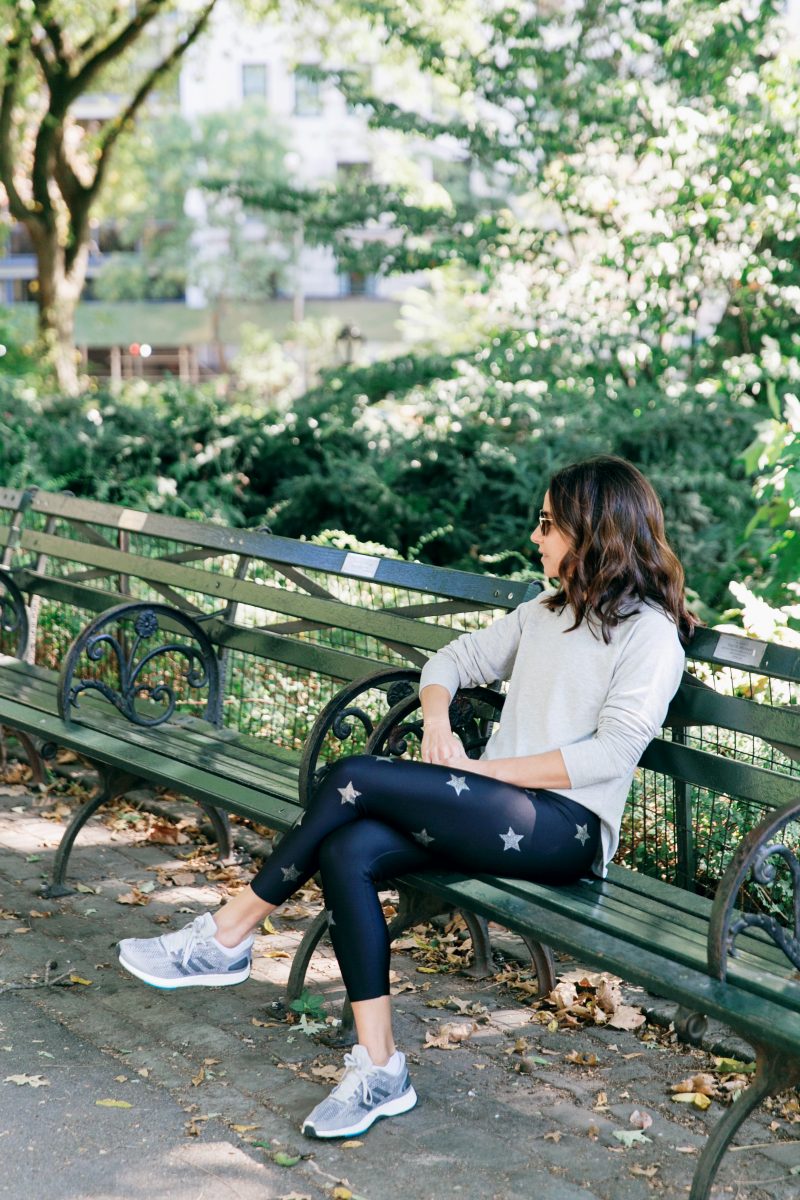
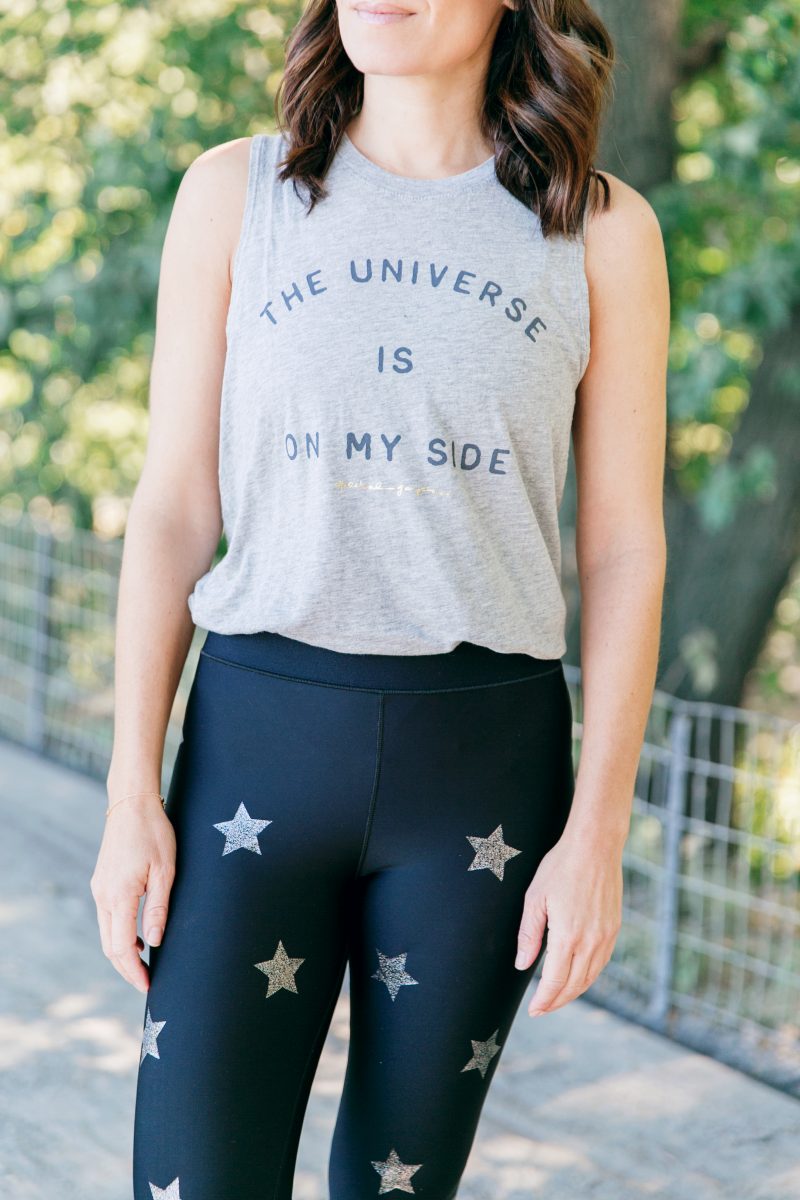
Shop the look here:



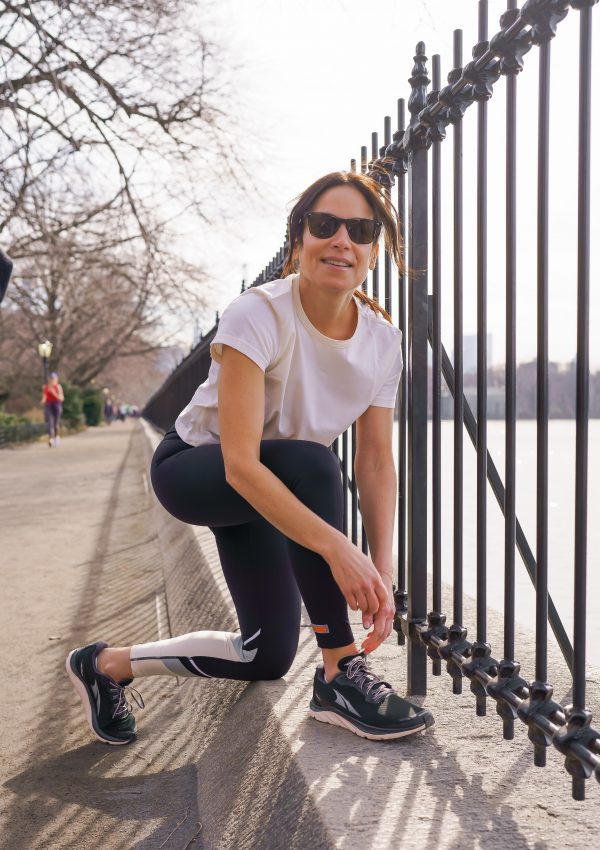
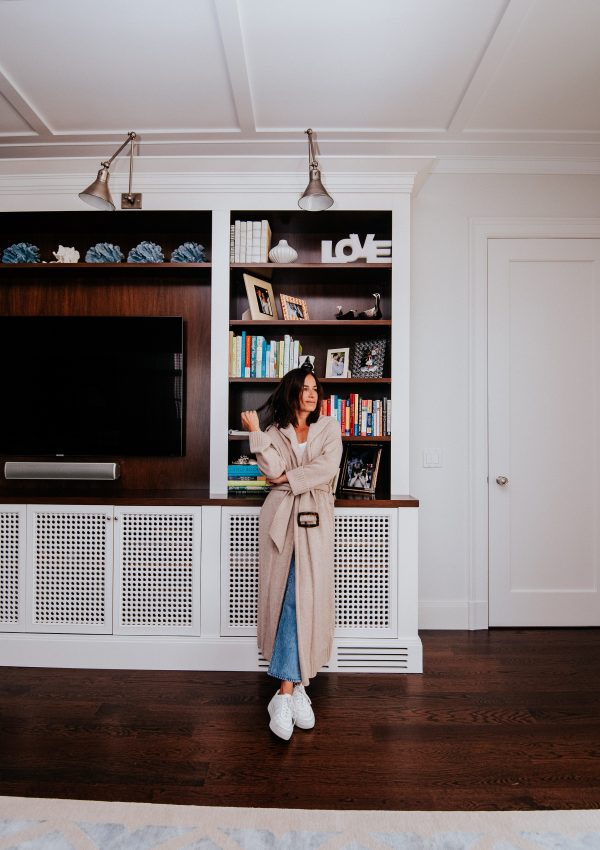




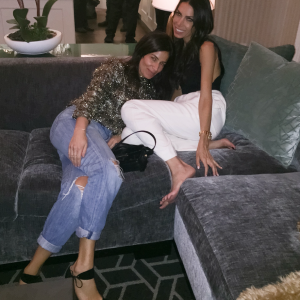


Leave a Reply